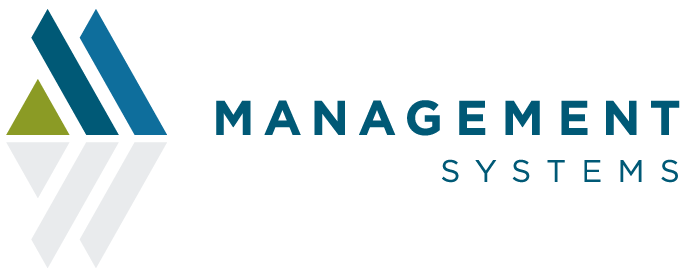As readers of Management Systems Perspectives might recall, I wrote two articles in 2015 about Huawei and its corporate culture. In an article titled “Corporate Culture is the ‘Nuclear Bomb’ of Huawei,” I wrote:
“Huawei Technologies Co. Ltd (known more simply as “Huawei”) is an extraordinary company by any standard. Its development and success rival any of the classic entrepreneurial stories of Apple Computer, Starbucks, or Amazon. Built from virtually nothing, it has become a global leader as an “ICT” solutions provider.” ICT stands for information communications technology.”
I also wrote:
Ren Zhengfei, Founder and Deputy Chairman of the Board, is the author of this statement. This statement implies that corporate culture is the ultimate strategic weapon, just as a nuclear bomb is currently the ultimate weapon of warfare. My colleague and co-author Yvonne Randle and I totally concur, as implied by the title of our book: Corporate Culture: The Ultimate Strategic Asset[1].
HUAWEI’S SUCCESS
On December 5, 2016, an article appeared on the Wall Street Journal that confirms both my assessment of Huawei and my attribution of its success to its corporate culture and culture management processes. Specifically, the article titled “Boot-camp Culture Drives Huawei,” written by Juro Osawa, indicates that Huawei has now become the number 3 smartphone maker in the world.[2] The author states that” Huawei has surprised rivals in the past five years, doubling revenue to nearly $60 billion and becoming the world’s no. 3 smartphone maker by shipments.”
The article also describes some aspects of Huawei’s culture and quotes employees at Huawei about its culture.
Although the article is accurate about Huawei’s success, it is somewhat superficial in its analysis of both the nature of the company, its culture, and the reasons for its success.
DECONSTRUCTING HUAWEI’S SUCCESS
The reason for this article is not to describe Huawei’s success per se. It is to examine some of the underlying key factors contributing to that success. As you shall see, Huawei’s game plan for success is consistent with what we propose that companies do.
We believe that a great deal of Huawei’s success is attributable to two key things that it does very well: create a unique powerful business definition and manage its culture effectively.
Huawei’s “Business Definition”
Management Systems has coined the term “business foundation” to describe three key concepts: “business definition,” “strategic mission,” and “core strategy”. Although this concept will be familiar to our clients, others can review them in our book, Growing Pains: Building Sustainably Successful Organizations, Wiley, 2016.
Huawei has brilliantly strategically positioned itself via its business concept in a unique way vis a vis its competitors, such as IBM, Cisco, and others. It describes itself as being in the “ICT” business, where ICT stands for information communications technology. No other competitor has positioned itself in this way, which has given Huawei a strategic advantage in focus and specialization.
The tool for creating a business definition is strategic planning. So clearly strategic planning is part of Huawei culture and tool kit to create competitive advantage. Unfortunately, strategic planning is not always a core part of a company’s culture, and that is a deficiency.
Huawei’s Corporate Culture and Culture Management
As described in our previous article on Huawei’s culture: “What is it about Huawei’s culture that give it is competitive advantage and has facilitated its growth and competitive success? In the prior article, I also discussed in depth the core value of Huawei. That discussion is beyond the scope of the current article, but interested readers can view it here.
THE BOTTOM LINE
What is the bottom line? As Huawei has demonstrated, effective planning and culture management can make a very significant difference in an organization’s success. This is an important insight because these same tools are available to all companies regardless of their size, industry, geographic location or stage of growth.
For further information on our methods of strategic planning and culture management, see www.mgtsystems.com.

